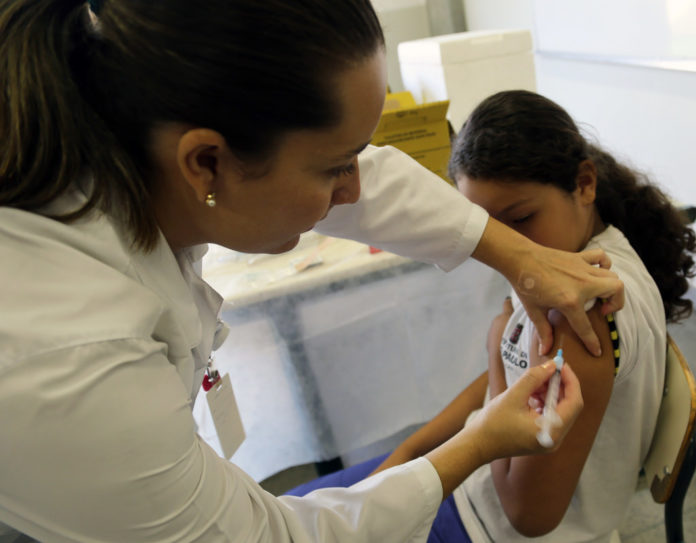In 2022 India had reported 1,27,000 new cases of cervical cancer and 80,000 deaths.
An US company has developed a cervical cancer screening test that will make the invasive and sometimes painful speculum – the medical instrument used to collect vaginal swabs – redundant. The tests is currently being evaluated by the USFDA which is the apex regulatory body in that country.
Earlier this year Teal Health, a woman led company was granted breakthrough designation by the FDA for its novel at-home self-collect cervical cancer screening device, the Teal Wand. “The Teal Wand is a proprietary device designed to enable people to easily, comfortably, and confidently collect their own vaginal sample for cervical cancer screening from their home or health clinic, without the need for an invasive exam. Users will mail their sample to a laboratory for testing on an FDA-approved diagnostic test for primary screening of high-risk HPV (human papillomavirus), which is recommended by medical guidelines. From within the Teal Health patient portal, users will then receive clearly communicated test results, have direct access to women’s health providers, and when appropriate receive assistance in securing follow-up care or procedures,” the company had said in a statement.
India has a high burden of cervical cancer and a policy level commitment since 2010 to screen women for the disease has not been implemented because of several factors, one of which is women’s reluctance to get tested. Data suggests that in 2022 India had reported 1,27,000 new cases of cervical cancer and 80,000 deaths.
While technology developed and approved in the United States may take some time to reach India largely because of the cost implications, medtech companies are eager to enter the Indian market through innovative partnerships because of the sheer size of it. India has for long banked on the visual inspection of the vagina using acetic acid as its chosen screening method but voices are now getting louder for a better and more modern method that removes the element of subjectivity and health workers’ training from the equation.


